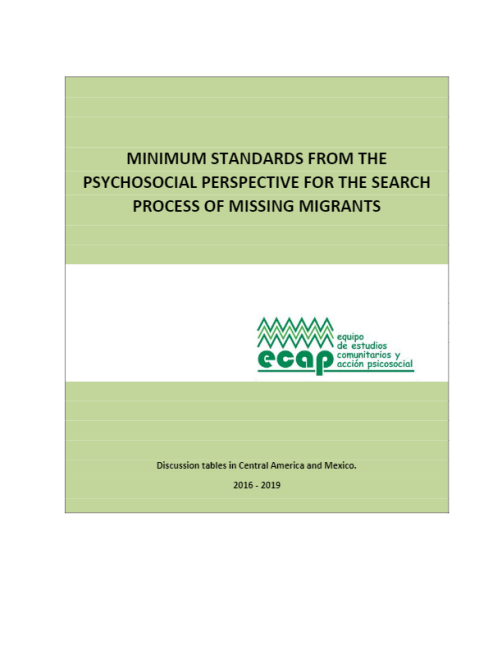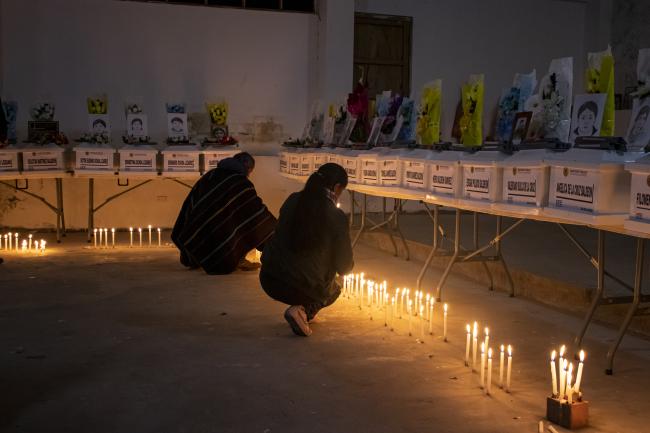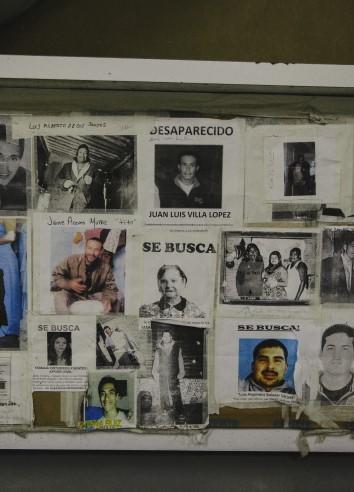Death as the border: Managing missing migrants and unidentified bodies at the EU's Mediterranean frontier
The paper explores how the management of migrant bodies by national and EU authorities reflects particular understandings of contemporary borders and how the failure to address such bodies has implications far from the frontier. The study of the management both of the dead and of the data that can serve to identify missing migrants, can benefit our understanding of the contemporary border, and has to date received only limited scholarly attention. To address this gap we draw on field research carried out on the Greek island of Lesbos, one of the key migrant entry points to the EU, that has seen repeated incidents of deadly shipwrecks. Based on interviews with families of migrants and local stakeholders the paper explores how death at the border introduces novel – and often invisible – borders and categories of inclusion and exclusion. By shedding light on the experiences of the families of the dead we aspire to introduce a critical set of actors who have been marginalized from the study of the border. In exploring the remote effects of deaths on such families in migrant countries of origin, the paper shows that bordering practices have transnational impacts at the human level, thereby broadening our conceptualization of the border.







